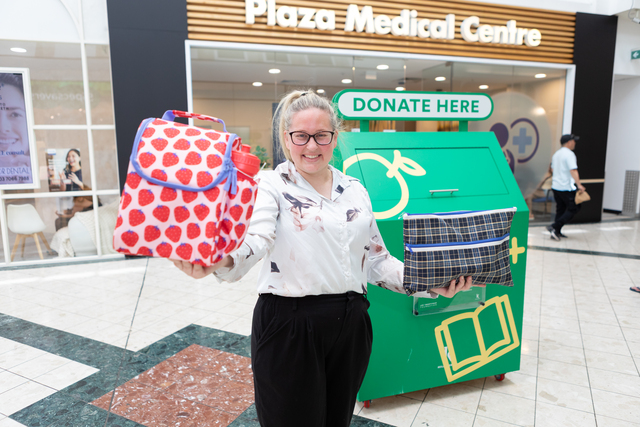A rise in gastro cases in early childhood centers has led to parents being urged to take precautions.
As of February 23, there have been 104 outbreaks of viral gastroenteritis in childcare centres, the average for the same period over the past five years is 63.
Victoria’s Chief Health Officer, Professor Brett Sutton said children, parents and childcare workers each had a vital role to play in lessening the spread of the virus.
“Gastroenteritis can spread quickly through settings such as early childhood education and care services, where children play and interact closely with each other and their carers and can readily spread their bugs,” Professor Sutton said.
It is important that early childhood services have good hygiene practices in place and to respond quickly with thorough and appropriate cleaning and disinfection if any children become ill.”
The COVID-19 pandemic has made the use of alcohol based disinfectants a routine practice, but this is less effective for gastro bugs.
“A good old-fashioned scrub with soap and warm water is the best way to remove the gastro virus from our hands and prevent passing it on to infect other,” Professor Sutton said.
Viral gastroenteritis is highly contagious. Symptoms include nausea, vomiting, diarrhoea, fever, abdominal pain and muscle aches. They can take up to three days to develop and typically last between one or two days, though it can be longer.
Children, as well as staff, who develop diarrhoea or vomiting should stay at home for at least 48 hours after their symptoms have stopped.
In rare cases, gastro can develop into a much more serious illness. If symptoms persist, or are severe, visit a GP.
People recovering from gastro should avoid visiting early childhood services, aged care facilities or hospitals to avoid spreading the infection to those most vulnerable.







